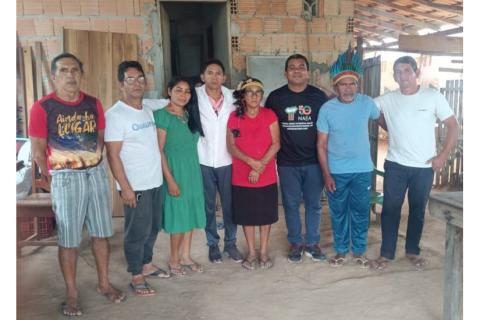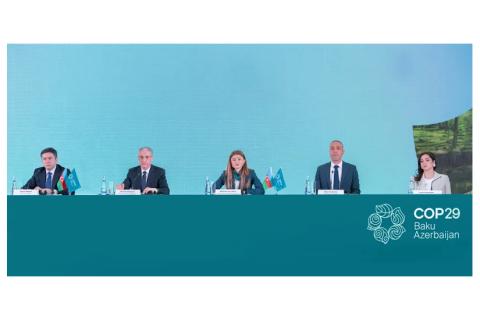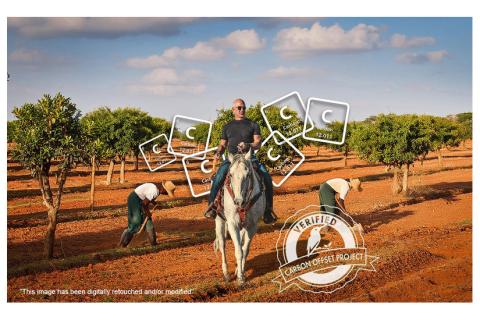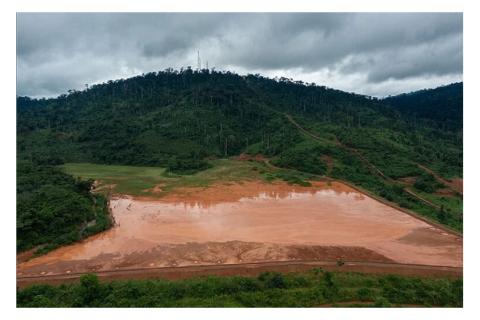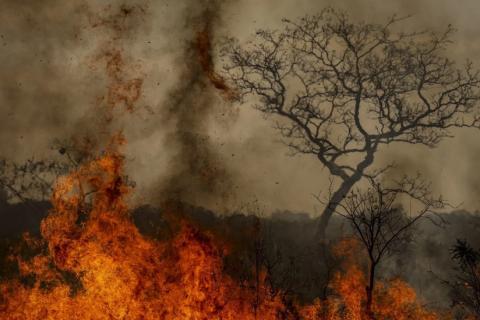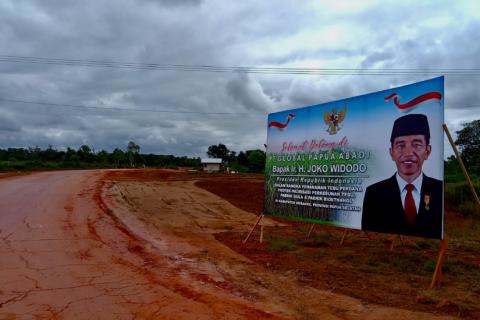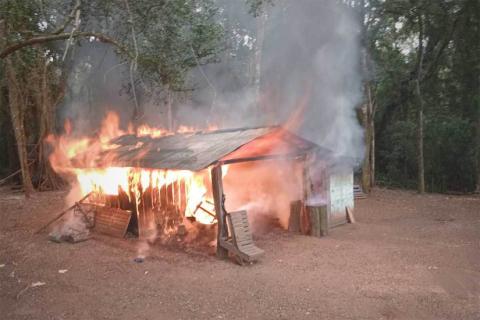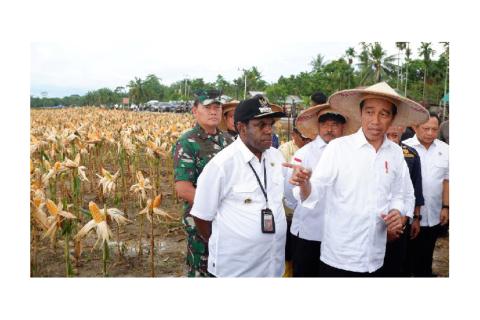Meticulous research conducted by the New Social Cartography of the Amazon Project in conjunction with traditional communities in the upper Acará River area over the course of five years has resulted in the dossier “Indígenas Turiwara Tembé no alto rio Acará: conflitos étnicos e territoriais”. This outstanding work describes in detail the history and resistance struggles of traditional communities in this part of Pará, proving that the Turiwara Tembé belong in the territory they have demanded for many years.
Other information
Climate change is not a natural disaster. It is the result of decisions, practices and policies adopted and maintained by a relatively small number of actors, primarily for their own interests. Its consequences, however, are global and have the most significant impact in places and on communities that bear the least responsibility for creating the crisis.
COP29 approval of Article 6.4 is “opening the floodgates for a global carbon market that will have devastating impacts on communities in the Global South”
In her latest book, Cassandra, a long-standing activist against the carbon markets, puts together important information about the “overdose” of false solutions to the current climate emergency. Who is responsible for the current crisis? What have they done to get rid of their responsibility while making profits and destroying peoples’ livelihoods? By presenting past and recent cases, the book provides an anti-colonial analysis of the environmental crises and highlights Indigenous and forest-dependent peoples’ resistance.
The growing trend of corporations, particularly in the tech and agribusiness sectors, investing in carbon offset projects through tree planting is leading to large-scale land grabs in the global South. In this recent article, the organisation Grain shows that the rise in tree planting projects, fueled by corporate demand for carbon credits, has led to over 9.1 million hectares being targeted for conversion, primarily in Africa and countries like Brazil and India.
Mozambique's Zambezia Integrated Landscape Management Program (ZILMP) was launched in 2019 to combat climate change and reduce deforestation in nine districts, aiming for $50 million in carbon credit revenues by 2024. In this publication, the Centre for Public Integrity (CIR) shows that six months before its ending, the initiative achieved only 25% of emissions reduction and 14% of revenue targets, with minimal benefits reaching local communitie
Reflections on the ruling on carbon credits in the Colombian Amazon, by Censat Agua Viva.
The Articulação Agro é Fogo, which brings together social movements, organisations and pastoralists who have been working for decades to defend the Amazon, Cerrado and Pantanal and the rights of their peoples and communities, has released an open letter.
The new program “PSN Merauke”, being implemented at a high speed, might become the biggest deforestation project worldwide, is overlapping with customary lands and will directly affect 40,000 indigenous people.
Recently, the Informal Alliance against industrial oil palm plantations in West and Central Africa has launched a new summary edition of the booklet “Promise, divide, intimidate, and coerce: Tactics palm oil companies use to grab community lands”.
On July 5, 2024, three peasant families were violently evicted in Paraje San Lorenzo 2, in the municipality of Wanda, in the Argentine province of Misiones. The provincial police carried out the eviction, in collaboration with the multinational company, Arauco. During the operation, the police destroyed the ten-hectare farm which had been the families' livelihood for a decade.
Indonesian President Jokowi planted the first sugar cane of one more mega-project in Merauke Regency in the South Papua Province on 23 July 2024. He claims the project will help to address the global food and climate crises. But it seems just one more disastrous large-scale project set up in Indonesia and Papua - such as the failed MIFEE project – that put the livelihoods of forest-dependent peoples at risk.
